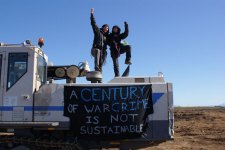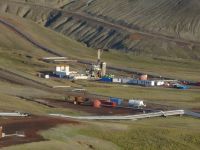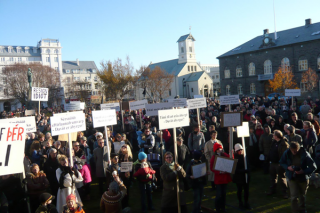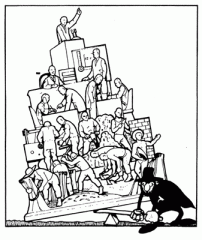INDIA – Farmers in Hirakud, Orissa are protesting against the Hindalco aluminium smelter plant for emitting poisonous gas, which has damaged their paddy crops spread across 113 acres of land. They have also demanded immediate compensation from the factory management. In an early morning in September farmers in Nuagujatal and Gundurupada village near Hindalco aluminium smelter plant in Hirakud NAC of Sambalpur district, found that their paddy crops had turned from green to yellow. They were surprised to see the change happening so quickly, overnight, and when they looked around similar symptoms were noticed in the trees.
The yellowing had been a regular phenomenon in the area, which occurs every year. This time the factory had released noxious emission, mostly fluoride wastes, when there was a heavy downpour. With the rain water the fumes became toxic rain and damaged the crop, allege agricultural scientists. Read More






